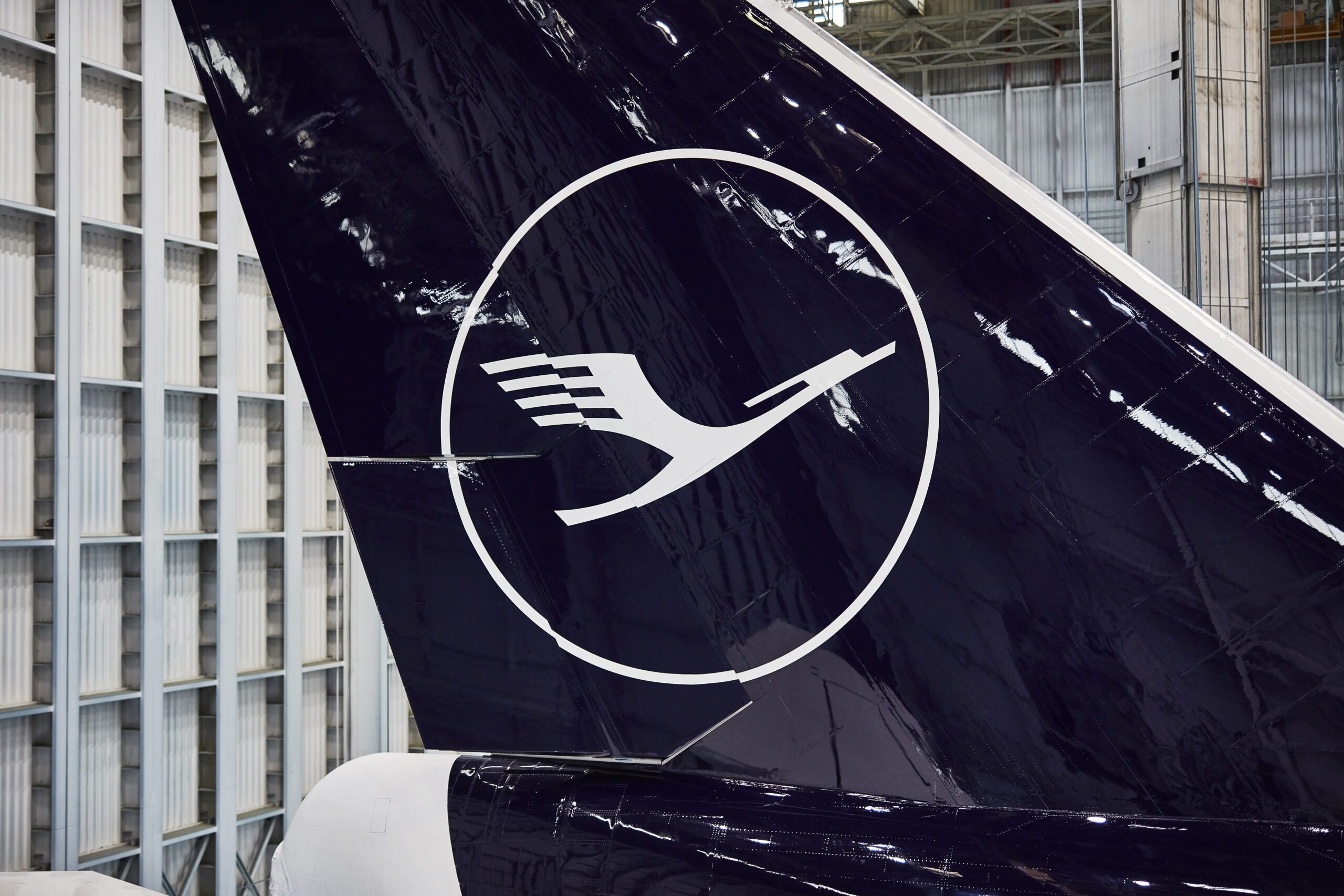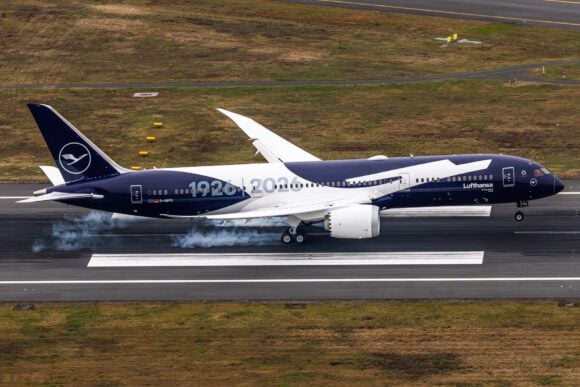
Lufthansalogo
Lufthansa came up with a couple of surprises at its Q1 results presentation on April 30. The first was the results itself, with a Group loss of EUR -336mln. The second is when the German aviation giant disclosed that it is, in fact, a bit less… German.
Non-German shareholders have cleared 40 percent ownership in the Lufthansa Group by owning 41.7 percent now. Under German law this authorizes the company to buy-back shares in order to reduce the foreign ownership, but the Lufthansa board had decided not to do so: “Following careful analysis, the company does not believe that there is any immediate danger of an increase of non-German shareholdings which would endanger the company’s ability to meet the requirements for retaining its licenses, rights, and prerogatives under aviation law.”
Q1 has always been the weakest quarter for many airlines, but still, the EUR -336mln EBIT Adjusted caught a few surprises, especially as Lufthansa Group previous year result was EUR 52mln. Net loss is EUR -342mln, compared to EUR -39mln for last year.
The deeper loss can be partly blamed on Easter, which in 2018 was within the Q1 period and in Q2 this year. Yet Group revenues were up 3 percent to EUR 7.890bln. Fuel costs cost Lufthansa EUR 202mln more, contributing to 8 percent higher operating expenses to EUR 8.734bln.
Eating into Lufthansa’s earnings is overcapacity in Europe, says CFO Ulrik Svensson, especially on the shorty- an medium-haul network. Cost reduction only partly compensated for this. The long-haul network – especially Asia – performed better.
SWISS only one to stay proftitable
The three network airlines suffered a combined loss/EBIT Adjusted of EUR -160mln, compared to EUR +128mln last year. The only airline to remain profitable was SWISS, with EBIT Adjusted of EUR 40mln (97mln last year) on 5 percent higher revenues (1.109bln) and despite 9 percent higher costs (1.108bln).
Lufthansa’s EBIT Adjusted fell from EUR +107mln to -102mln, with revenues up 1 percent to EUR 3.385bln and operating costs up 8 percent to EUR 3.614bln.
Austrian losses increased from EUR -73mln to -99mln, with revenues down 6 percent to EUR 382mln and costs up 3 percent to EUR 503mln. The airline finds itself more and more into competition in Vienna with low-cost rivals.
Lufthansa’s own low-cost airline Eurowings EBIT Adjusted worsened from EUR -212mln to -257mln on 2 percent higher revenues (805mln) but 6 percent higher expenses (1.107bln). Eurowings constant unit revenues slipped 8.5 percent as the airline suffered from overcapacity in Europe. To improve profitability, Eurowings will expand its long-haul network by opening new routes from Frankfurt and expanding flights from Munich this Autumn.
Lufthansa Cargo suffered from the slump in the cargo business that is apparent since late last year, with EBIT Adjusted down to EUR 24mln from 72mln. Revenues fell 4 percent to EUR 616mln, especially on traffic to Asia and the Americas, while costs were up 6 percent.
The board confirmed its intention to sell its catering business LSG Group, either as a whole or in part.
A disappointing Q1 doesn’t mean Lufthansa is down and out for the year. Despite EUR 50mln projected higher fuel costs to EUR 600mln the Group keeps its forecast of a 6.5-8 percent increase of EBIT Adjusted on mid-single-digit revenue growth. Eurowings has revised its capacity growth, remaining flat for the year.
Views: 17



